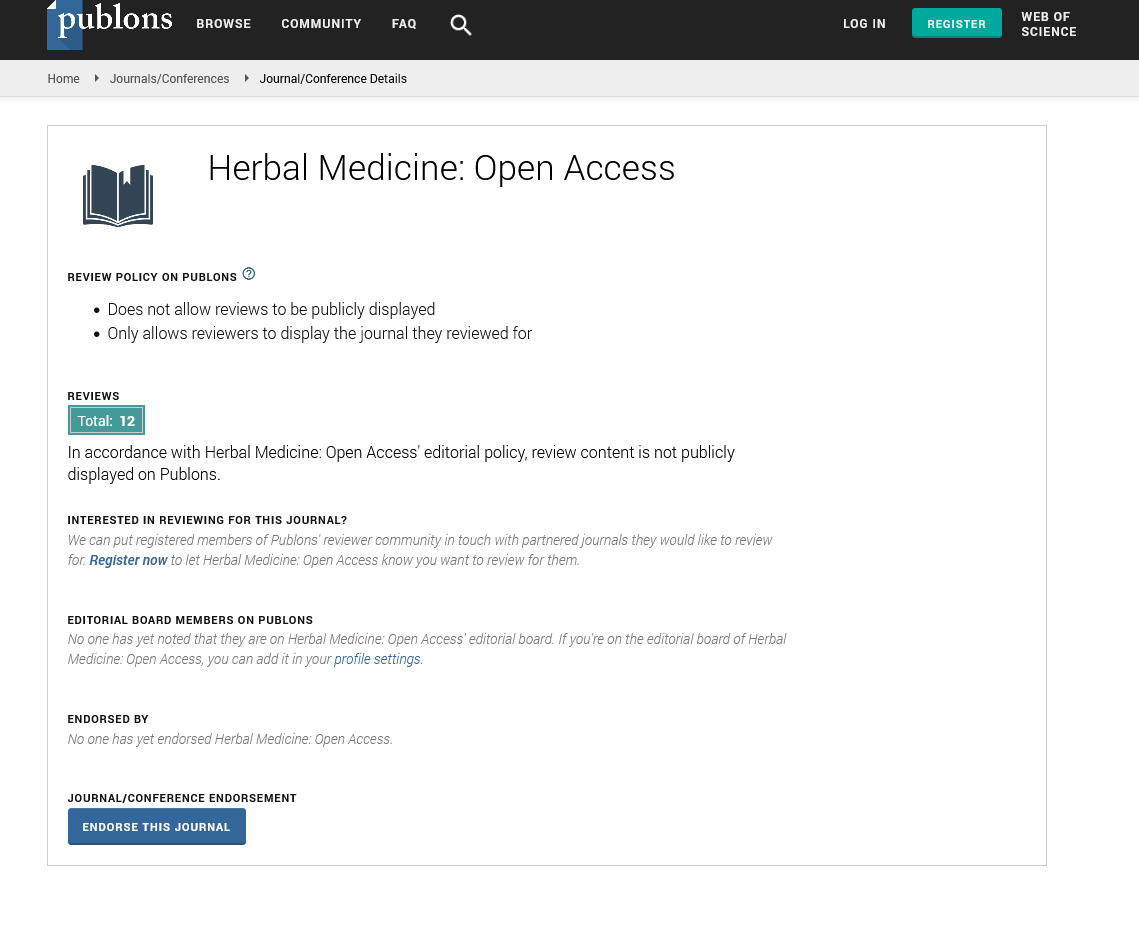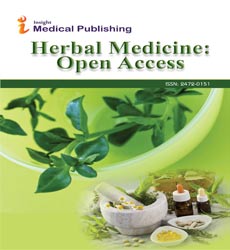Abstract
Fucoidan as a targeted therapeutic drug against cancer cells
It is well known that brown seaweeds including Turbinari conoides contain abundantly fucoidan as a sulphated polysaccharide (Arumugam et al., 2017). It explored anti-cancer activity against various cancer types by targeting key apoptotic molecules and also trounces toxicity associated with chemotherapeutic agent and radiation (Zhang et al., 2013). Hence, in the present investigation aimed to study the effect of fucoidan in HepG2 cancer cells by analyzing cell viability, colony formation, cell migration, cell cycle progression, genetic damage and apoptosis along with their nuclear morphology and mitochondrial membrane potential. Cell viability was done by MTT assay. The cell cycle arrest by fucoidan in HepG2 cells was determined with PI staining by flowcytometer. Genetic damage was performed by using Trevigen’s comet assay kit and apoptosis examined with annexin V-FITC assay kit by flowcytometry. In addition, alteration of nuclear content and mitochondrial membrane potential by fucoidan were also detected with Hoechst and mitochondrial membrane potential dye (JC-1) by fluorescence microscopy, respectively. Results shows that cells treated with quercetin/fucoidan at 50, 100 and 200 µg/ml concentrations exhibited cell viability about 80, 65 & 45 / 71, 60 & 40%, respectively. Fucoidan inhibit a concentration-dependant decline in colony forming and cell migration potential of HepG2 cancer cells. Compared with untreated control, fucoidan treated cells significantly (p ≤ 0.05) accumulated proliferative cells in the G0/G1 phase of the cell cycle in a concentration dependent manner.
Author(s): Arumugam Ponnan
Abstract | Full-Text | PDF
Share this

Google scholar citation report
Citations : 271
Herbal Medicine: Open Access received 271 citations as per google scholar report
Herbal Medicine: Open Access peer review process verified at publons
Abstracted/Indexed in
- Google Scholar
- JournalTOCs
- China National Knowledge Infrastructure (CNKI)
- Directory of Research Journal Indexing (DRJI)
- WorldCat
- Publons
- Secret Search Engine Labs
- Zenodo
Open Access Journals
- Aquaculture & Veterinary Science
- Chemistry & Chemical Sciences
- Clinical Sciences
- Engineering
- General Science
- Genetics & Molecular Biology
- Health Care & Nursing
- Immunology & Microbiology
- Materials Science
- Mathematics & Physics
- Medical Sciences
- Neurology & Psychiatry
- Oncology & Cancer Science
- Pharmaceutical Sciences


